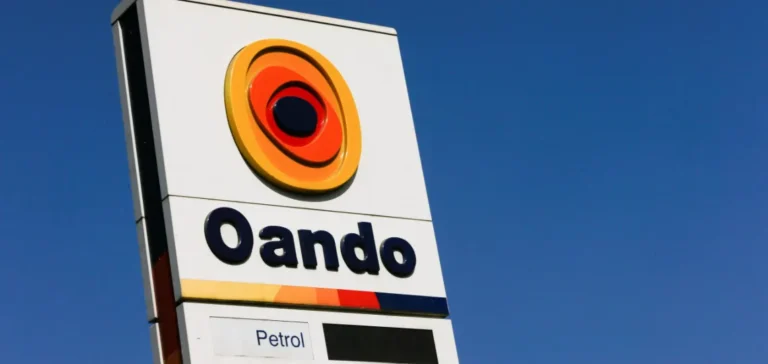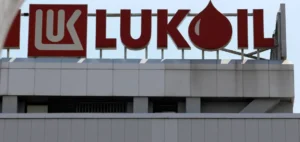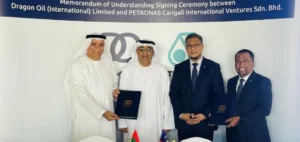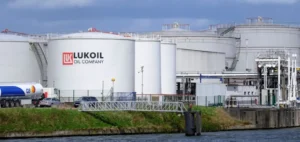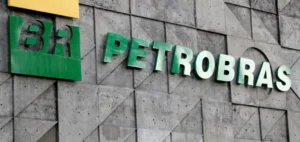The African Export-Import Bank (Afreximbank) has lifted to $375 mn the reserve-based loan for Oando. The adjustment extends the facility agreed in 2023 to acquire Eni’s former Nigerian assets. The funds will finance new drilling, the upgrading of installations and logistical optimisation. The company targets 100 000 barrels and 1.5 bn cubic feet of gas per day by 2029.
Strengthening the debt structure
Afreximbank had already advanced $800 mn when the Eni transaction was announced last year. The line remains a loan secured by the producer’s proven reserves. The assets are expected to generate more than $11 bn in net cash flow over the period. No changes to collateral or tenor accompany the increase in the ceiling.
Afreximbank thus maintains its strategy of backing African energy projects with quick payback. In November, it launched a $3 bn facility to finance regional imports of refined products. The bank also created, with the African Petroleum Producers’ Organisation, the African Energy Bank capitalised at $5 bn. Its total commitments reached $17.5 bn in 2024 across key trade sectors.
Oando’s operational objectives
Oando plans to triple the annual number of wells on blocks OML 60 to 63. The new capital will also fund the modernisation of crude gathering lines and two gas compression stations. The company expects a thirty % reduction in unplanned shutdowns after commissioning. The additional volume should feed the local grid, limiting the fuel import bill.
The withdrawal of international fossil lenders creates space that pan-African institutions are filling. For Afreximbank, oil flows secured by physical reserves offer predictable returns. Nigeria’s Ministry of Petroleum Resources sees the support as a means to stabilise budget revenues. Analysts nevertheless monitor execution speed, a key factor for capturing the anticipated flows.


